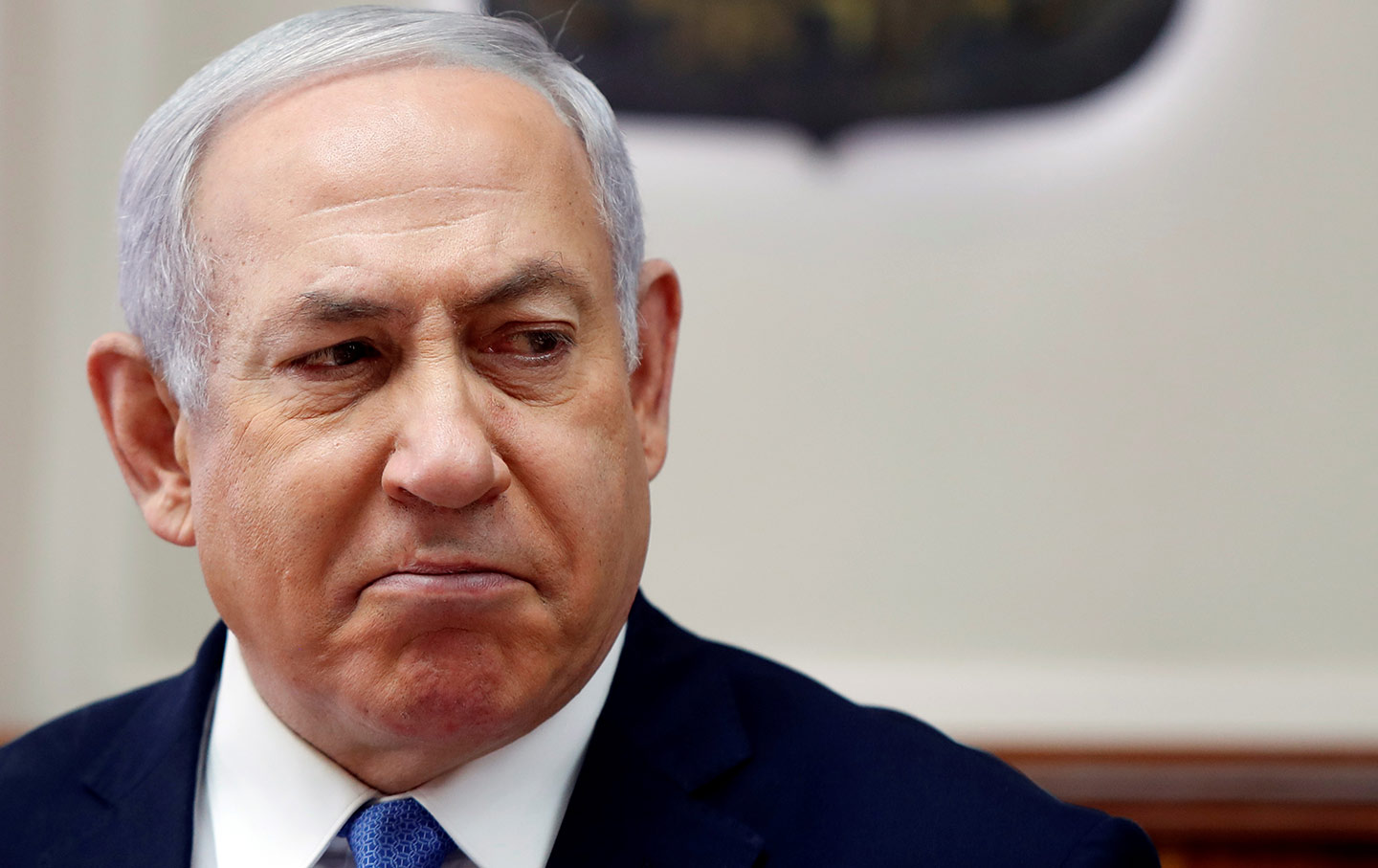
Pivotal Visit*
(Russia) on 17 May 2024
by Oleg Karpovich (link to original)
Vice Rector of Russian Foreign Ministry Diplomatic Academy Oleg Karpovich on the topic of the strengthening of the alliance between Russia and China against the backdrop of the disintegration of the world order’s foundation.
The state visit of Russian President Vladimir Putin to China is taking place during fundamental shifts in world politics. The Western strategy of delivering a demonstrative “strategic defeat” to the Russian Federation in Ukraine has led to opposite results.
It’s the Western countries that are going through a massive complex crisis today, which has become the result of the hybrid war against Russia. The Global South, from Gaza to Haiti, is in the flames of conflict, born from the years-long policy of American-European neo-colonialism. The largest international organizations and institutes, many of which turned into mere fiction due to the efforts of Washington and its allies, are bursting at their seams. Before our very eyes, the foundation of the world order crumbles — the order that, since the end of the Cold War, has been imposed by the “golden billion” on the rest of the “insufficiently progressive humanity” as a means to secure their own hegemony and uncontested dominance. In such conditions, the alliance between Russia and China is an embodiment of stability and good sense, the bridge into the future that helps us view the prospects of global development with optimism.
Over the course of the 75 years that have passed since the moment of establishing diplomatic relations between the USSR and China, our countries have gone through different periods. At some point, due to both the mistakes made by party leaders from both sides and the plots of Western countries that strove to split the “red monolith,” we suffered through a gruesome conflict — which, thankfully, we were able to freeze in a timely fashion. Since the beginning of the 1970s, the U.S. has skillfully spun our bilateral discrepancies, trying to make Beijing and Moscow clash. A lot of time has been spent in overcoming this heavy heritage; largely speaking, this has only been achieved in the 21st century, when political elites — both in Russia and China — realized what deadly consequences the realization of Western scenarios could lead us to.
Having embarked on his way to our Chinese friends straight after his reelection, the Russian president, along with his colleague General Secretary of the Communist Party of China Xi Jinping, clearly showed the West that our opponents won’t be able to separate the two great countries and try and establish Western rule in Eurasia. The mutual bilateral statement, doubtless, will go down in history as a large-scale and precise program of action to tear down American hegemony.
This fundamental document, the result of the long and meticulous work of diplomats and experts, offers a short description of the main threats to our national and international security, created, first of all, through the actions of the West. It also offers an impressive list of approaches to change the status quo. What’s extremely important is that Moscow and Beijing don’t claim the status of demiurges and manipulators, don’t strive to occupy the slowly emptying position of America, but rather only take the role of advocates and harbingers of a more just and inclusive world order.
The fruits of Russo-Chinese actions are already visible in different regions of the planet. Beijing facilitated ending the confrontation between Iran and Saudi Arabia, which has been poisoning Middle Eastern politics since ancient times. Russia brings peace and tranquility to African countries, scarred by the presence of colonial powers. The Association of Brazil, Russia, India, China and South Africa and the Shanghai Cooperation Organization are expanding, having turned into more attractive platforms for cooperation for the countries of the East and the South, which have decided to stop playing according to some unknown Western “rules.”
Of course, there’s still a lot to be done, for our key objective is not just to repel attacks from the U.S. and its henchmen but also to launch the processes that will turn the infamous unipolarity into a rudiment of history for good. We have to both withstand the Western onslaught and help the West itself to change, accepting the new reality. There are a lot of complications and challenges ahead. However, the powerful start of Putin’s second presidential term, reflecting his — and national — priorities, shows it better than any words: Moscow has found its optimal path, will follow it steadily, and will inevitably reach its set goals with its partners. Some would say that in Beijing, Putin and Xi only took the first steps toward success. But those are the steps along a fateful thousand-years-long path, and neither we nor the Chinese will turn away from it under any circumstances.

